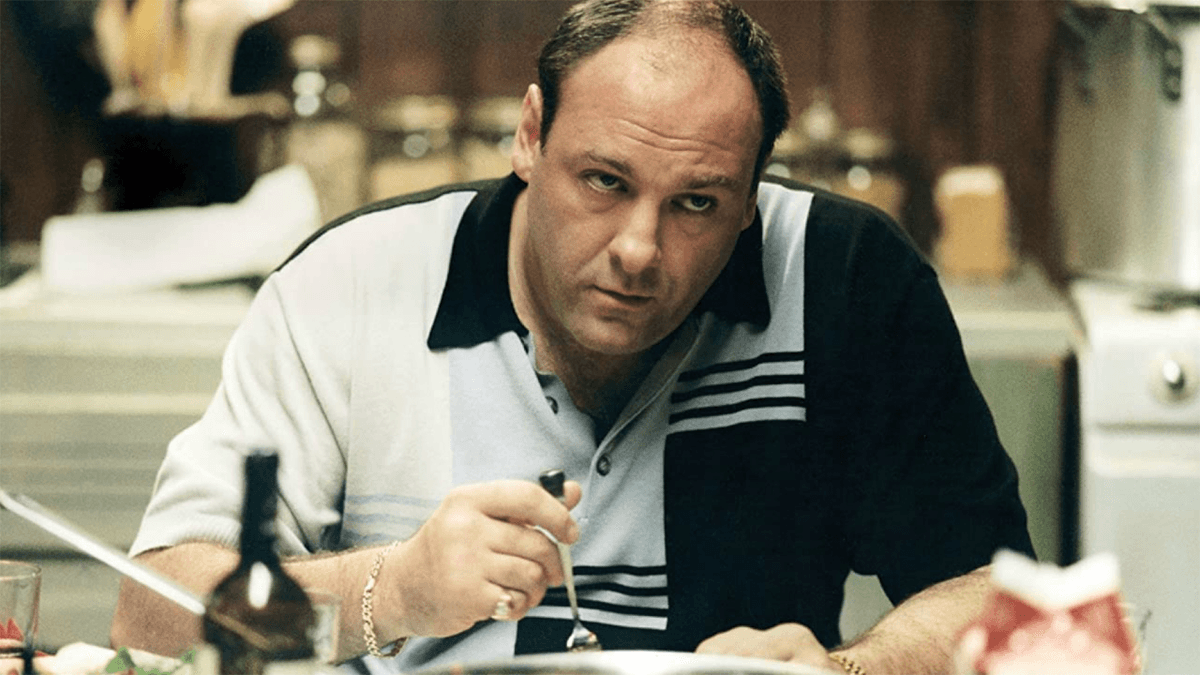The Corinthians Democracy: the cry that echoed in the stands and beyond.
When Football Played for Democracy
In the early 1980s, while Brazil was still living under the authoritarian winds of military dictatorship, one of the most unlikely movements of political resistance emerged within a football club. The Corinthian Democracy was not just an experiment in athlete self-management — it was an act of symbolic subversion that transcended the four lines of the field and entered history as a bold and necessary political gesture.
Led by players like Sócrates, Wladimir, Casagrande, and Zenon, Corinthians became a laboratory of direct democracy, where decisions ranging from training schedules to signings were made by collective vote. In a country where the people could not elect their president, seeing an entire team making decisions together, with equal voice among players, coaching staff, and even employees, was revolutionary.

More than a management model, it was a symbol of the struggle for freedom. The players used their media visibility as a political platform, publicly supporting the Diretas Já and bringing banners and engaged speeches into the stadiums. Football, then, assumed a role as a political agent — and showed that, even at the epicenter of mass culture, it was possible to resist, provoke, and transform.
This movement, born within a popular and predominantly working-class club, laid bare the democratic potential of sport. It was a collective cry for participation, freedom, and citizenship, which resonated far beyond the pitch. A football played with awareness — and with courage.

In the midst of military dictatorship, when censorship silenced voices and direct voting seemed a distant dream, Corinthians did something improbable: it transformed football into an act of resistance. Between 1982 and 1984, the club was not just playing within the four lines — it rehearsed real democracy, truly, in the heart of an authoritarian Brazil.
Corinthians was experiencing a heavy crisis, with debts and decisions concentrated in the hands of a few. That's when Adílson Monteiro Alves, a sociologist and new director of football, entered the scene. He changed everything: he proposed that the club be managed collectively. And this was not just lip service. Kit-men, players, coaching staff, management — everyone had equal weight in weekly meetings. Training, line-ups, jersey design… everything was decided together. In a country used to “those in power dictate terms,” creating space for debate was revolutionary.

The movement needed a name worthy of its significance. It was in a debate at TUCA, mediated by Juca Kfouri, that Washington Olivetto scribbled “Corinthian Democracy” on a napkin. There it was born: a symbol. He agreed to do everything for free — with one condition: that no one would use it as a political springboard. Ironically (or not), some of those involved later became politicians. But at that moment, the spirit was different: it was freedom, it was autonomy.
It was not just a management model. It was an attitude. A positioning. And no one embodied this better than Sócrates. A doctor, a star, charismatic — he was the spokesperson for a new way of being an athlete. He gave speeches at rallies, wore the shirt saying “I want to vote for president,” and even promised to stay in Brazil if the Diretas Já amendment was passed. It was not just football. It was a political act. Alongside him, Wladimir was the balance. Less media-savvy, but essential. He was the one who organized, wrote agendas, and kept the movement strong. Casagrande, young and explosive, was the rebellious soul of the group, the face of the youth that wanted more than just to play ball. And there were also Biro-Biro and Zé Maria — workers of the game who proved that democracy is also built with humility, sweat, and the courage to speak up, even without the spotlight.

What was born within Corinthians soon escaped the field. Schools created student councils, unions started holding open assemblies, companies began testing collective decision-making. The audacity of Timão became an inspiration for those wanting to change Brazil from within.
In this context, football clubs paved the way for another space of representation and decision-making. At that moment, it seemed possible for the management model of clubs to move towards a place of dialogue, to rebuild power relations and transformation to handle conflicts and decisions.
Through it, it showed us that football and politics are not in separate worlds. It showed that what happens on the pitch reflects — and often anticipates — what the entire society is experiencing.
It did not remain just a beautiful discourse. On the field, two São Paulo Championships came. Off the field, the club eliminated debts that seemed eternal. With everyone participating, Corinthians proved to be more efficient, more engaged. They demonstrated that sharing power does not weaken it. It strengthens.

However, the coexistence and constant debate taught that democracy is not just a system of government — but a style of life. It was through meetings, in locker rooms, in moments of decision that players, coaches, and staff realized that everyone’s voice could — and can, matter. In this, the overwhelming majority made room for listening ears to hear, but also to disagree and reach consensuses. The awareness transcended the stadium and spread across the country as inspiration for other forms of collective participation.
In 1984, the winds changed. The professionalization of football demanded quick negotiations, million-dollar contracts, centralization. Adílson’s defeat in an internal election sealed the end of the experiment. Ironically, the very internal democracy decided to end the Corinthian Democracy. The idea did not perish, but became a symbol. As a reference for future generations — even in the face of the demands of the professionalized system — collective participation and the quest for equality of voice leave deep marks. Thus, this affective memory becomes a kind of legacy, transcending the pitch and echoing in the struggle for rights, in workers' assemblies, in student councils, and in political discussion circles.

Decades later, this story still resonates. Because it nudges us with a simple and uncomfortable question: why are we so afraid to share power? If a football team proved that shared decisions generate excellence, why do we accept concentrated structures? It remains there, as an invitation.
See others like this





